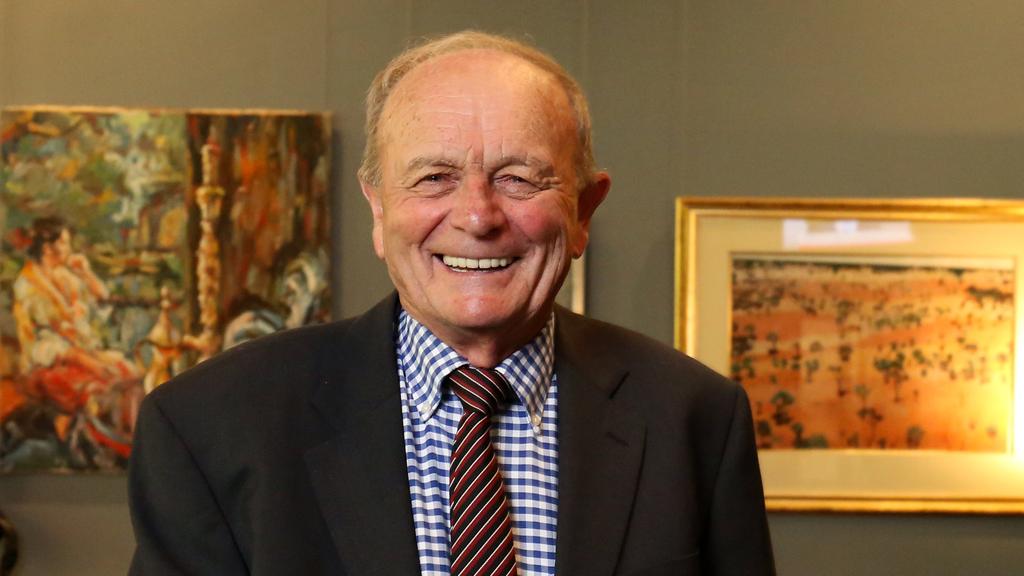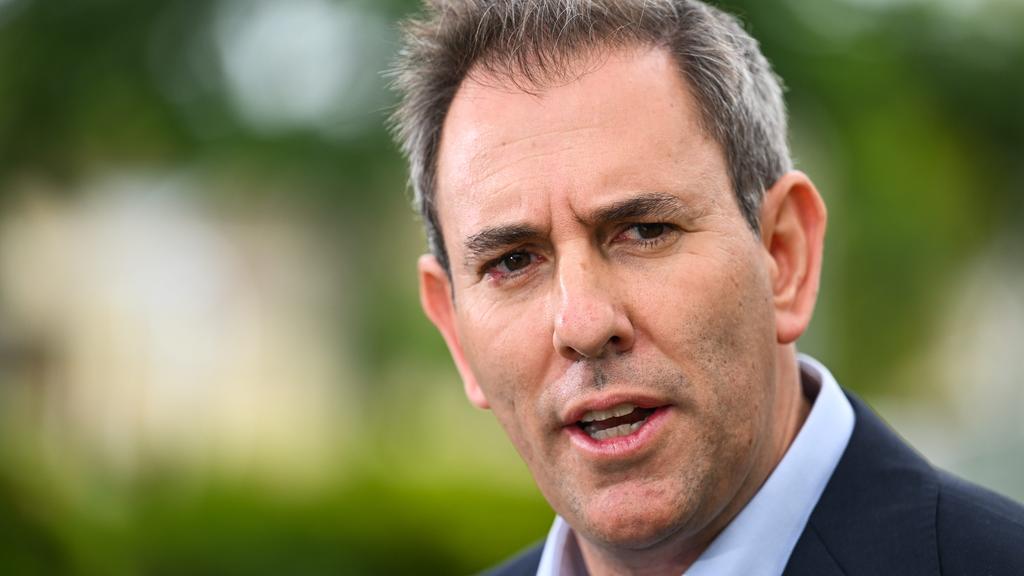
Article by Matthew Cranston, courtesy of The Australian
17.05.2025

Jim Chalmers and Treasury are being warned their proposed unrealised capital gains tax could result in the loss of millions of dollars in tax revenues as capital would leave Australia, while one of the nation’s largest retailers, Gerry Harvey, has called the tax “stupidity of the highest order”.
Labor wants to introduce an unrealised capital gains impost beginning with superannuation funds worth more than $3m, without indexation. Superannuants are already pulling money out of super and considering where to house that capital where it would not be subject to the new tax.
As awareness grows of the unintended consequences of the new tax, Mr Harvey added his voice to the debate, saying he knew people who would have to pull their money.
He described the tax as “stupidity of the highest order” driven by a government that was “desperate for revenue.”
“The inevitability about all this is that the government has to raise taxes because they can’t stop spending,” Mr Harvey said.
The Albanese government booked revenue from the tax in its last budget, expecting to raise $2.3bn a year initially.
In 2022, just before the centre-left government of Norway increased wealth taxes to 1.1 per cent, dozens of rich Norwegians left the country.
The Norwegian tax was meant to raise millions of dollars in additional tax revenue, but as more people left it resulted in an estimated fall of $US448m annually.
In Australia it is estimated that up to $25bn could be withdrawn from self-managed superannuation funds this year as people race to reduce their account balances below the threshold at which they would be taxed.

Self Managed Super Fund Association chief executive Peter Burgess said the government should be considering the unintended consequences.
“It’s been clear from the outset this tax would see amounts being transferred to other tax-advantaged structures and that raises serious questions about the government’s projected tax revenue gain,” Mr Burgess said. “We have even heard some investors are taking assets overseas as they fear the tax could spread to other areas outside of super.”
The Parliamentary Budget Office expects the government will reap $40bn through the tax over the next decade.
Macpherson & Kelly private cilent lawyer Nicole Treacey said people over 60 had plans not only to pull assets from super but potentially to move overseas fearing an unrealised capital gains tax could be introduced on family trusts or even the family home.
“If it passes in its current form, I know a lot of people have already started contingency planning for this, and they are ready to execute those plans as soon as they know that this law is likely to pass,” Ms Treacey said.
“What I am hearing is that generally the people who are _potentially impacted have no issue with paying a higher rate of tax on earnings. However, it is the tax on unrealised gains that creates a very dangerous precedent. There is then the concern that this taxing of unrealised gains in superannuation could then spread to other asset classes – essentially anywhere unrealised gains can be called on to generate increased tax revenue.”
Dr Chalmers referred to the new unrealised gains tax as a “modest change” on eight occasions at one press reference when announcing it and has continued to use the descriptor during recent questioning.
Ms Treacey said “modest” was not accurate. “Anyone having to find an extra $500,000 to pay an unplanned tax bill, such as a primary producer, is unlikely to view these changes as modest,” she said. “It’s looking increasingly likely that these proposed changes are going to proceed. We are still hopeful that they might be amended before they go back before parliament. It is not too late for the government to take on board the feedback of the business community and make some sensible changes to this legislation.”
Labor looks likely to pass legislation with support from the Greens in the Senate. The Greens have indicated they are unlikely to block the tax.
New Greens leader Larissa Waters responded to questions about unrealised gains tax on Thursday, framing her support for the tax as an attack on wealthy people and not about wider consequences. “The government needs to have the guts to take on the inequality crisis in this country, to tax the billionaires, to tax living corporations,” she said. “They could do that to fund the services that everybody needs and relies upon.”
The tax is not indexed so the initial 80,000 people hit by it would grow to 1.8 million over the life of a worker.
Modelling using ASIC’s Moneysmart calculator and tax office data shows than 780,000 people under the age of 30 would take a hit over their working life.
The Australian has also revealed superannuants face a hit on the recovering value of assets that booked losses before July 1, when the tax is set to begin.
